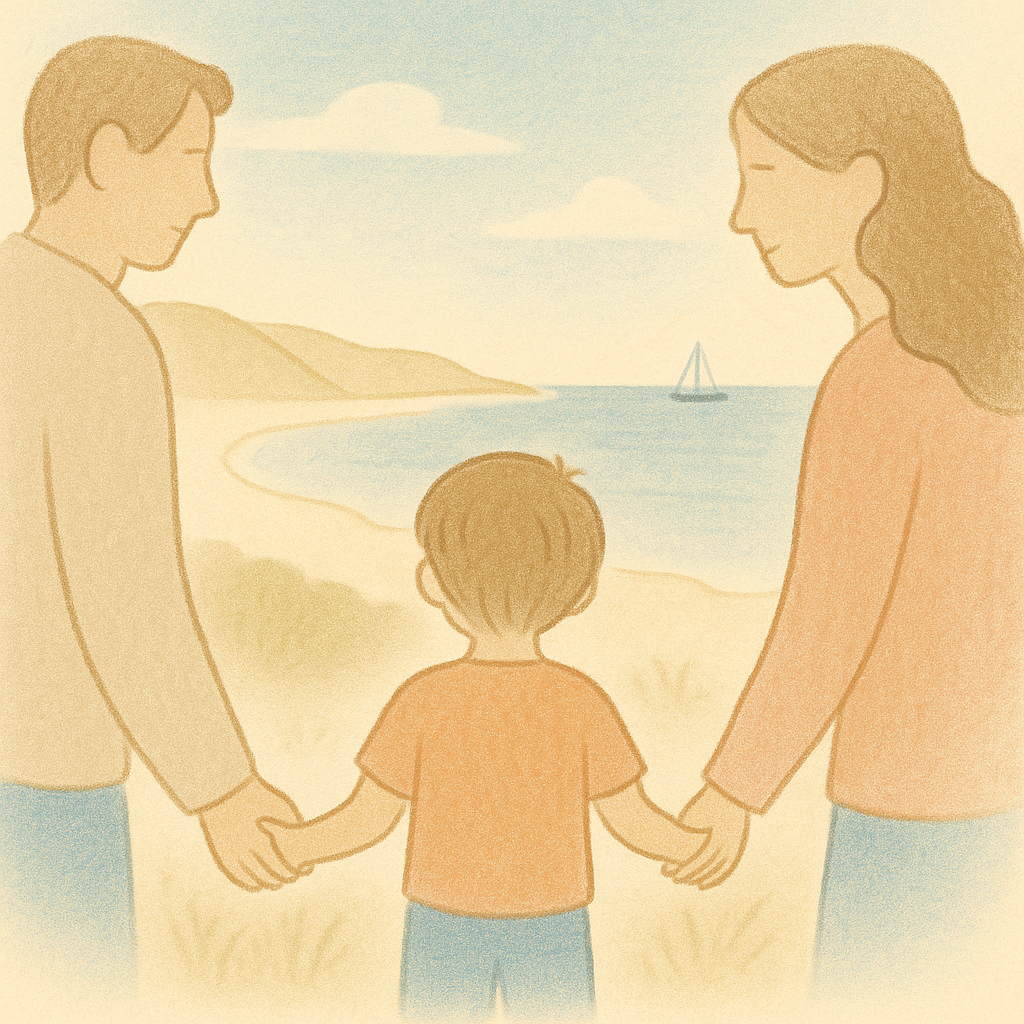Becoming a parent changes everything. From the moment your child is born, their wellbeing becomes your top priority, and that includes making sure they’d be cared for if anything ever happened to you.
It’s not easy to think about, but appointing guardians in your will is one of the most important steps you can take to protect your children’s future.
At Coastal Legacy, we help parents across Hampshire, Gosport, Fareham, and Portsmouth write clear, legally valid wills that provide security and peace of mind.
What Does a Guardian Do?
A guardian is a person you choose to take legal responsibility for your children if you die before they reach the age of 18.
Their role includes:
- Providing day-to-day care and emotional support
- Making decisions about schooling, healthcare, and upbringing
- Managing any funds or assets you’ve left for your children (often with help from your executor)
Without a named guardian, the courts would decide who takes on this role; and that might not be who you would have chosen.
Who Can Be a Guardian?
You can appoint anyone you trust as a guardian, as long as they’re over 18. Many parents choose:
- A close family member, such as a sibling or cousin
- A trusted friend
- A godparent or long-term family friend
It’s important to choose someone who shares your values and lifestyle, and who would be willing and able to take on the responsibility.
Before naming them in your will, have an honest conversation about your wishes to make sure they’re comfortable with the decision.
How to Appoint Guardians in Your Will
When you write your will with Coastal Legacy, we’ll guide you through each step. You’ll simply:
- Choose your preferred guardian(s): you can appoint one person or a couple jointly.
- Name a backup: in case your first choice can’t act for any reason.
- Include clear wording: your will must specify your children’s full names and state your guardianship wishes explicitly.
We’ll ensure everything is properly worded and legally binding, so there’s no ambiguity later on.
Can Guardians and Executors Be the Same Person?
They can, but they don’t have to be. Your executor manages your estate, while your guardian cares for your children.
Some parents choose separate people for balance; for instance, one to handle finances and another to provide care. Others prefer to keep both roles together for simplicity.
Either way, we’ll help you set up a structure that works best for your family.
What Happens Without a Named Guardian?
If you haven’t appointed guardians and both parents die before the children turn 18, the Family Court will decide who should care for them.
While the court always aims to act in the child’s best interests, this process can cause delays and emotional stress. By naming guardians in your will, you remove uncertainty and ensure your children are looked after by the people you trust most.
Reviewing Your Guardianship Choices
As life changes, so should your will. It’s a good idea to review your guardianship decisions if:
- You have another child
- Your chosen guardian’s circumstances change
- You move to a new home or area
- Your family dynamic evolves
Regular reviews help keep your will (and your children’s future) up to date.
Give Your Family Peace of Mind
Appointing guardians isn’t about expecting the worst, it’s about protecting what matters most.
At Coastal Legacy, we’ll help you write a will that provides certainty and care for your children, no matter what life brings.
👉 Contact Coastal Legacy today to discuss will writing and guardianship planning with our friendly Hampshire team.

